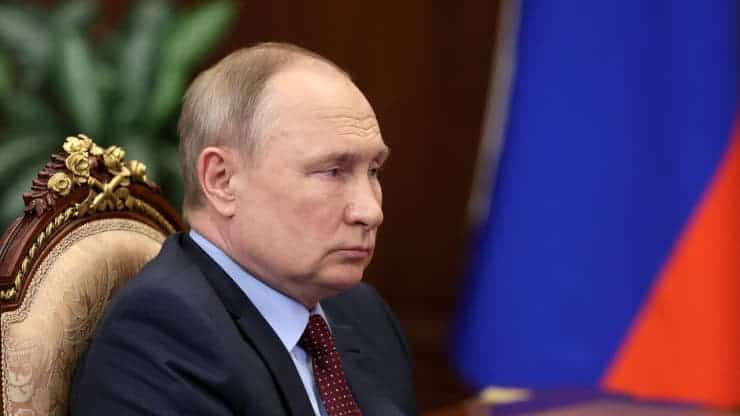
The European Union announced Tuesday it will reduce its purchases of Russian gas by two-thirds before the end of the year, in response to the country’s invasion of Ukraine.
That marks a significant change because the EU is highly dependent on Russian energy imports. The EU imported 45% of its total gas imports from Russia in 2021.
- Creating a Hydrogen Accelerator to develop necessary infrastructure, storage and port capabilities. The goal here is for the EU to replace 25 to 50 billion cubic meters per year of imported Russian gas by 2030 with renewable hydrogen, which is hydrogen produced with an electrolyzer powered by renewable energy sources, such as wind or solar.
- Aggressively investing in improving energy efficiency in homes, buildings and industries, which it estimates can save 25 billion cubic meters each year .
- Accelerating the rollout of renewables, both wind and solar, and heat pumps. For solar, the EU should accelerating the rollout of rooftop solar systems up to 15 terawatt-hours this year, which would save 2.5 billion cubic meters of gas. The European Commission promised a more full communication on the EU’s solar strategy in June. The EU also proposes rolling out 10 million heat pumps in the next five years.
- Speeding up permitting processes associated with building renewables and making associated grid infrastructure improvements. The European Commission promised a more full communication in May on how to accelerate the permitting process for renewables.
- Providing financing mechanisms to enable the development of power purchase agreements in Europe. That process is already underway and so more communication should be due by summer, the EC said.
As the EU drops Russian natural gas imports, the price will almost certainly increase. To ease the burden of on consumers and small businesses, the EU has permitted a member states to take number of actions, given “the current exceptional circumstances.” Those include:
- Regulating prices for vulnerable consumers and small businesses, which the EU calls “micro-enterprises,” and providing companies with short-term support.
- Levying temporary taxes on “windfall” profits of energy companies garnered from exceptionally high energy prices. Those taxes on windfall profits could then be turned around and paid out to customers to help them pay for the high energy bills.
- Using increased emissions trading revenues to buffer the high price of energy bills for vulnerable consumers. “Such measures need to fulfill certain criteria to ensure that they are proportionate, limited in time and that they avoid undue market distortions,” the EU said.
The world has imposed strict sanctions on the Russian economy in response to the invasion, and on Tuesday both the U.S. and United Kingdom said they would ban Russian oil imports.
























